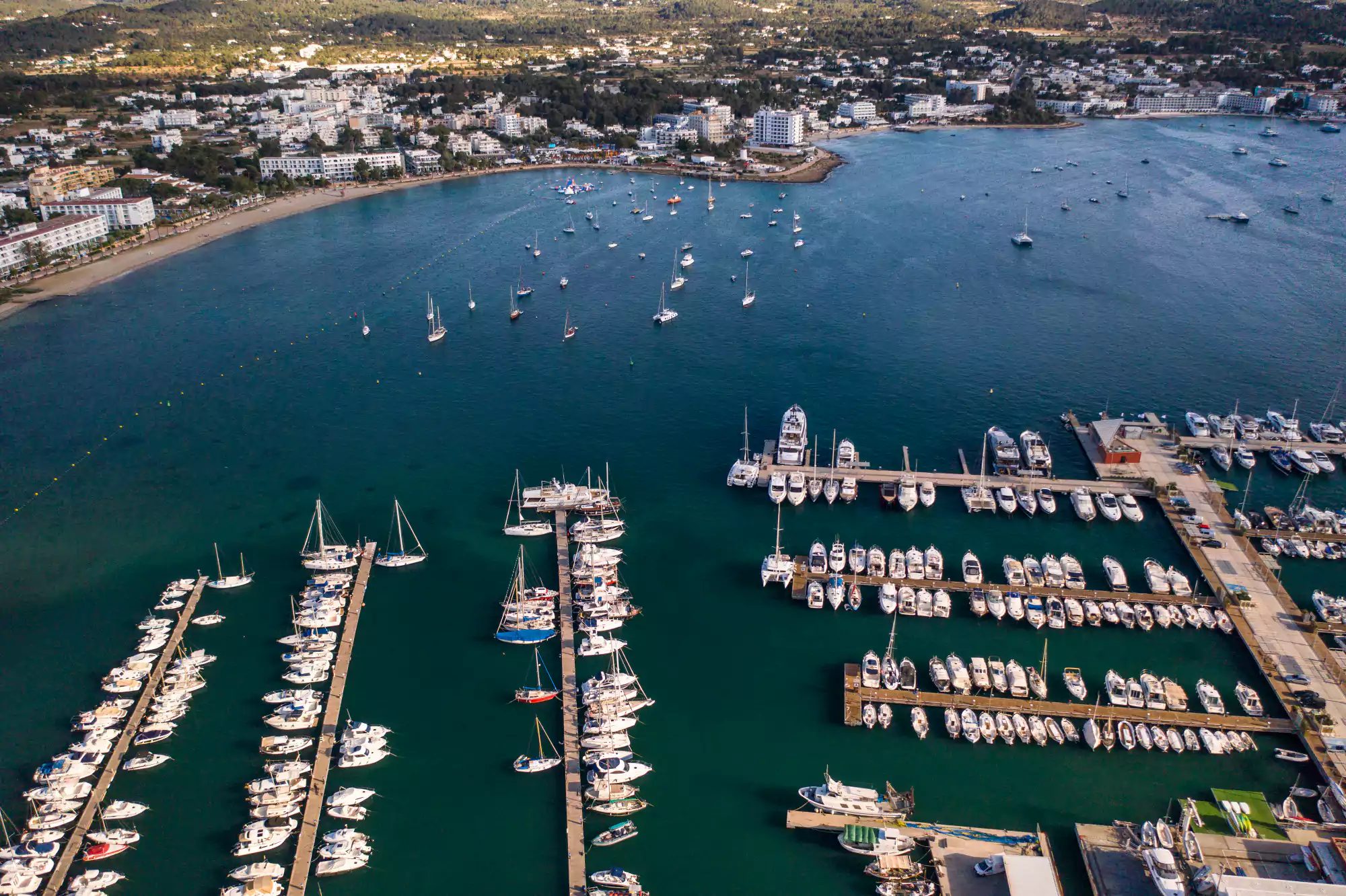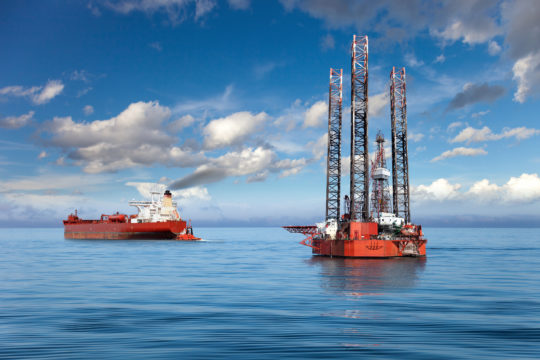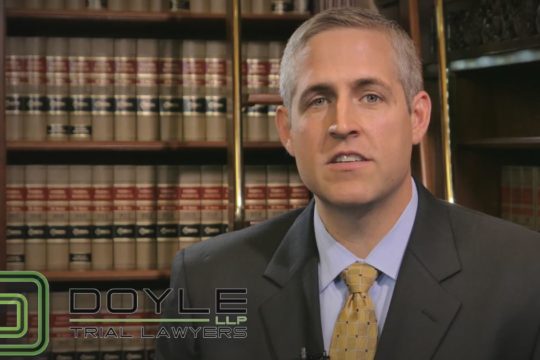Port of Beaumont
The Port of Beaumont is a thriving trading hub, with its top destinations being Venezuela and Mexico. It serves as a vital gateway for imports and exports, facilitating the movement of goods between countries.
When it comes to imports, the Port handles a variety of products, including oil, chemicals, and machinery. These items are crucial for local and international industries and businesses. On the other hand, the Port of Beaumont’s top exports consist of petroleum products, chemicals, and grains. These goods are in high demand globally, and the Port plays a significant role in their distribution.

- Accidents that pose a danger to the workers and environment around the Port of Beaumont may also occur from activities on the Port.
- Examples of accidents which may occur are but not limited to collisions, ship grounding, chemical spills, overboard accidents, slips and falls from unsafe working conditions, crane accidents, electrocutions, and wrongful death. There is also a risk of cargo being accidentally dropped on workers or machinery malfunctioning.
- From these accidents listed, injuries which could occur at the Port vary from level of pain and body parts affected and can even have severe consequences.
- Examples of injuries which may occur are but not limited to back and neck injuries, herniated discs and brain injuries, loss of limbs, lung problems, torn muscles, ligaments, or tendons, broken bones, burns compartment syndrome, crush injuries, deep cuts or lacerations, and drowning or near-drowning incidents.
- Traumatic brain injuries, smoke inhalation, and even cancers due to chemical exposure are faced at a higher risk by longshoremen and other dock workers.
Types of workers on this Port include maritime workers, longshore workers, Jones Act workers, and dock workers and seamen in general.
Although the potential dangers listed above may scare people from engaging in activities on the Port of Beaumont, it remains as a thriving center of trade and commerce. Many efforts are made to ensure the safety of workers and the environment around the Port. Several notable companies that work out of this Port include Exxon, Valero, Motiva Enterprises, Jefferson Energy Company, Kinder Morgan, Union Pacific, Burlington Santa Fe, Kansas City Southern and Allegiant Industrial, LLC (Note: Exxon, Valero, and Motiva Enterprises are involved in the oil and gas industry, while Jefferson Energy Company deals with electricity. Kinder Morgan is a pipeline company, and Union Pacific, Burlington Northern Santa Fe, and Kansas City Southern are all railroad companies. Allegiant Industrial, LLC specializes in steel fabrication).
Approximately 31,000 jobs are based out of the Port of Beaumont. It is known as one of the busiest U.S military Ports in the world, with it being home to the U.S. Army’s 842nd Transportation Battalion, overseeing military cargo shipment throughout the Gulf of Mexico and Western United States, including Alaska and the Pacific Northwest. Additionally, the Port of Beaumont is the 4th most navigated Port in the United States and has three class 1 railroads, making it an ideal location for military operations.
No Win No Fee
Top Trial Lawyer
Free Consultation · Contingency Fee Basis · Nationwide Representation
Victories
NO COST TO YOU UNLESS WE WIN
$7.86 Million – Gillies V. Valaris PLC
Claims: Jones Act/Maritime Law
Jury Verdict: $7.86 million – Gillies v. Valaris PLC
On January 12, 2022, Doyle Dennis Avery LLP secured a $7.86 million verdict on behalf of Gordon Gillies, a drill ship operations adviser, who was injured while working on a vessel in the Gulf of Mexico.
Mr. Gillies brought claims for negligence against Valaris PLC (formerly Ensco/Rowan Drilling) and for unseaworthiness of its vessel, the drillship DS-15. At trial, the jury determined that Valaris failed to maintain a stair case from the derrick elevator down to the “deadman” deck of the vessel. Specifically, the second step on the stair case lacked a protective bullnose – an important safety guard at the end of each step. As a result of this defect, Mr. Gillies fell and suffered injuries to his tail bone, back, and spine.
After hearing four days of testimony and argument in the 270th District Court of Harris County, the jury attributed 90% of the negligence that caused the client’s injuries to Valaris and only 10% to the client. Even more telling, the jury attributed 99% of the unseaworthiness of the ship to Valaris and only 1% to the client.
Ultimately, the jury agreed with Doyle Dennis Avery LLP and found that Valaris was negligent in creating the dangerous conditions on the ship. The jury awarded $1,821,000 in past damages (including pain, mental anguish, loss of earning capacity, disfigurement, impairment, and medical care) and $6,040,000 in future damages (including pain, mental anguish, loss of earning capacity, impairment, and medical care).
$350,000 – Deaver V. Noble Drilling (US) LLC
Claims: Jones Act/Maintenance and Cure/Unseaworthiness
Jury Verdict: $350,000.00 ($340,500.00 after contributory negligence offset; judgment not yet entered).
On June 15, 2018, a Harris County District Court Jury (Houston, Texas) found that Noble Drilling (US) LLC provided an unseaworthy vessel that caused injuries to Nathan Deaver. The jury also found that Noble unreasonably and callously failed to provide Mr. Deaver with maintenance and cure benefits. Michael Patrick Doyle, Patrick Dennis, and Jeffrey Avery of Doyle Dennis Avery LLP represented Mr. Deaver as trial counsel.
The plaintiff is a Texas resident who worked as a floor hand on the drillship the M/V Noble Tom Madden – a vessel owned and operated by the Houston-based Noble Drilling. In more detail, Mr. Deaver claimed that Noble failed to provide a vessel with a properly manned and experienced crew, and that Noble also failed to provide proper safety instructions related to his work in the shaker room aboard the vessel. Despite repeated requests to Noble by Mr. Deaver, Noble failed to provide Mr. Deaver with the necessary staffing and caused Mr. Deaver to suffer injury to his ankle, heel, and foot.
Based on this conduct, the jury found that M/V Tom Madden was unseaworthy and that Noble was responsible for Mr. Deaver’s injuries.






